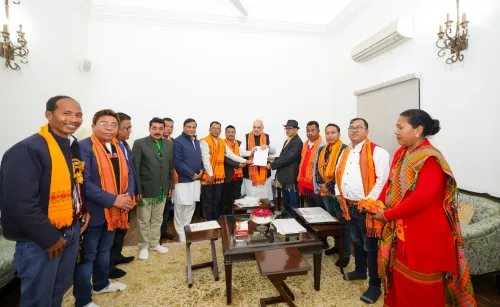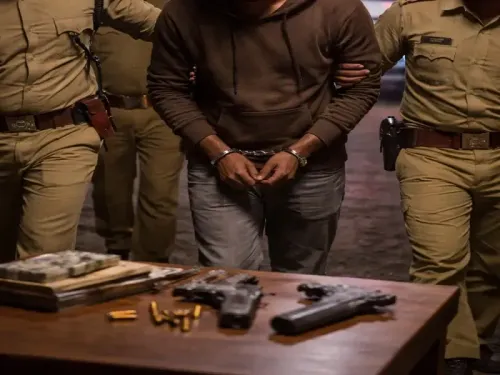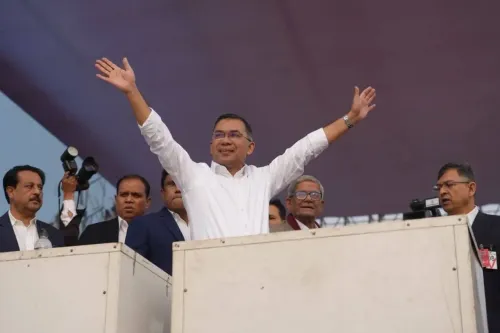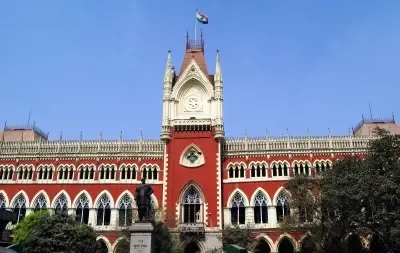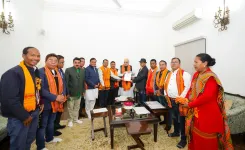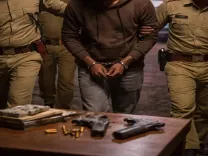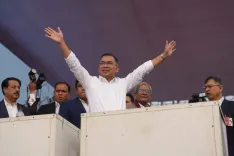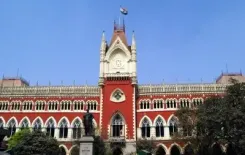How is the Maha SEC Ensuring Transparency in Electoral Rolls?
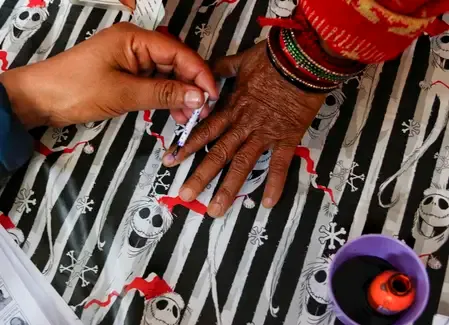
Synopsis
Key Takeaways
- Maharashtra SEC is actively checking for duplicate names in voter lists.
- No VVPAT will be used in upcoming local elections.
- Potential duplicates will undergo local verification.
- Voters must confirm they haven't voted elsewhere if identified as duplicates.
- Local elections follow specific state acts and regulations.
Mumbai, Oct 29 (NationPress) In light of accusations of vote fraud and the presence of counterfeit and duplicate names within the electoral rolls, the Maharashtra State Election Commission (SEC) has instructed all relevant authorities to rigorously investigate potential duplicate entries in the voter lists. This directive aims to ensure transparency and accuracy in the forthcoming local and civic body elections scheduled in the state.
Furthermore, the SEC has reiterated that the use of the Voter Verifiable Paper Audit Trail (VVPAT) will not be permitted during these elections.
This announcement follows claims from opposition parties that the issue of duplicate names in the voter lists was inadequately addressed by the electoral body, despite receiving numerous complaints during the 2024 state Assembly elections.
Opposition groups have organized protests in Mumbai, demanding that elections for local and civic bodies only proceed after rectifying the discrepancies in the electoral rolls.
The SEC stated, "In the draft or final electoral roll for local bodies, the names of individuals identified as potential duplicates will be marked with a symbol. Local verification will be conducted to determine if these names belong to the same individual or different ones. If similarities are found after checking the name, gender, address, and photograph, an application will be obtained from the voter in the required format, specifying the ward and Zilla Parishad Election Division/Panchayat Samiti constituency where they intend to vote. Such voters will not be allowed to vote at any other polling stations."
Additionally, if no response is received from a voter with a potential duplicate name, an undertaking will be obtained stating that they have not voted and will not vote elsewhere under that name.
Only after strict identification will such voters be allowed to cast their ballots.
The SEC clarified that there is no legal provision for the use of VVPAT in local body elections. Furthermore, with few exceptions, local body elections are conducted under a multi-member ward system. The Technical Evaluation Committee (TEC) of all State Election Commissions is currently reviewing the development of voting machines with VVPAT capability, and their final report is yet to be submitted. Therefore, VVPAT cannot be utilized in these elections at present.
Maharashtra State Election Commissioner Dinesh Waghmare previously confirmed that VVPATs will not be implemented in the upcoming local body elections.
The Commission's statement indicated that the use of Electronic Voting Machines (EVM) in local body elections was established in 2005 through various relevant Acts and regulations; however, there is no provision for VVPAT in these laws.
Moreover, except for a few cases, the multi-member ward system allows voters to cast an average of three to four votes. With this in mind, the TEC is examining technical specifications for VVPAT for these elections, and their report is still pending.
The SEC stated that a suitable decision regarding VVPAT will be made in the future, following the receipt of the TEC's report.
To date, VVPAT has not been employed in local body elections.
In 1989, Section '61A' was incorporated into the 'Representation of the People Act, 1951' concerning the use of EVMs in Lok Sabha and Assembly elections.
Subsequently, in 2013, Rules No. '49A' to '49X' and other regulations were established under the Conduct of Election Rules, 1961, pertaining to VVPAT.
Consequently, the Election Commission of India utilizes EVMs and VVPATs in Lok Sabha and Assembly elections.
The elections for local bodies in the state are governed by the provisions of the 'Mumbai Municipal Corporation Act, 1888', 'Mumbai Provincial Municipal Corporation Act 1949', 'Maharashtra Municipal Councils, Nagar Panchayats and Industrial Towns Act 1965', 'Maharashtra Zilla Parishad and Panchayat Samiti Act 1961', and 'Mumbai Gram Panchayat Act 1958', along with relevant regulations. The authority to amend these laws does not reside with the State Election Commission.


